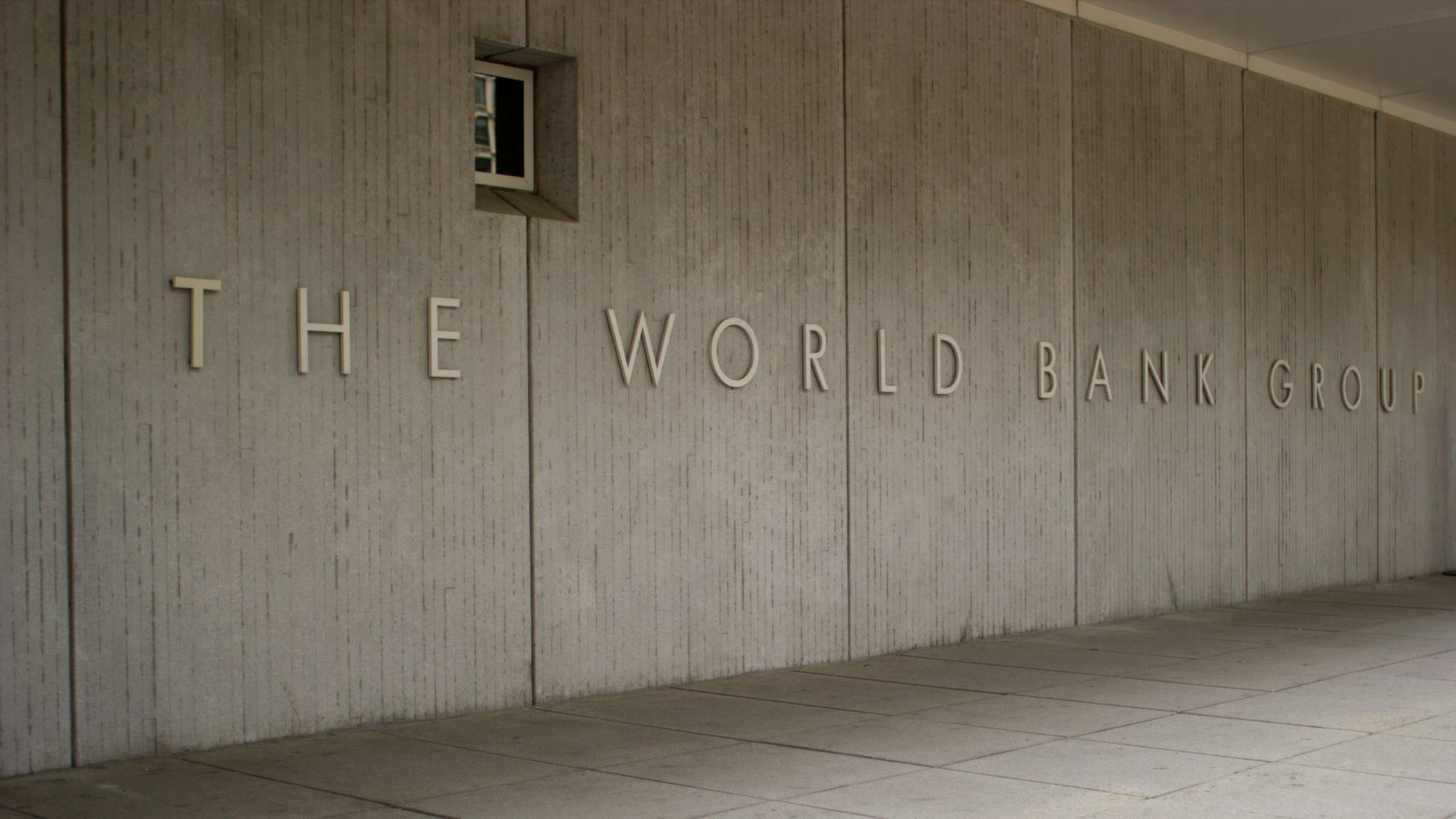he era of globalization has evolved into a dialectical synthesis of technology and capitalism. Traditional neoliberal economic models have proven outdated with the rise of techno–capitalism, worsening the digital divide and excluding developing states from participation. Consequently, the Global South has turned away from the Bretton Woods system toward non–Western alternatives, particularly those dominated by Chinese developmentalism. The IMF and World Bank are at an inflection point, where rapid innovation in fintech and cloud technology are exposing geopolitical limitations from competing models. To account for the techno–capital structure, The IMF and World Bank must reorient and adapt their model of sustainable development.
Since 2008, the tech industry has proven impervious to traditional market supply and demand, naming profit as capital accumulation through platform data and cloud rent. In the West, Big Tech firms have institutionalized the technostructure so that it extends to government administration and the environment—empowered to expand due in part to their wealth of intellectual property and data. On the other hand, markets in the Global South are still highly volatile toward modern challenges and globalized market fluctuations.
It is not the job of the IMF and World Bank to placate the technological competition between China’s alternative and the U.S.’s Western model. However, global economic competition reveals the value of techno–capital—represented by companies like Microsoft, Google, Alibaba, and Tencent. The IMF and World Bank must target further digital transformation and public digital infrastructure.
More developing states have turned to China’s alternatives like the Digital Belt and Road Initiative as it expands digital economies and connectivity, integrating e–commerce, mobile payments, e–CNY, and digital public infrastructure. As international institutions, the IMF and World Bank should be ethical leaders of techno–capital standards, collaborating with regional development banks and development organizations such as China’s to push universal standards of developmentalism once again. With collaborative data centers, cloud solutions go beyond broadband access and digital identification, extending into digital literacy, blockchain transparency, and fintech applications.
A stronger concentration on digital transformation optimizes the most profitable variable in the production function: technology—a variable now integrated in everyday life, bottom–up reform, and efficiency in schools, hospitals, energy, and agriculture. In a new age of cloud capital, digital finance and literacy, and multipolar competition, the IMF and World Bank should empower developing states with technology, voice, agency, new partnerships, and long–term growth, accessing a wider audience with the IMF’s and World Bank’s resources. Then, and only then, the Global South can participate in closing the digital divide.


a global affairs media network
The IMF and World Bank in the age of techno–capitalism

Image via Victorgrigas via Wikimedia. CC BY-SA 3.0
October 9, 2025
A fusion of technology and capitalism exposing geopolitical limitations of the models the IMF and World Bank rely on. If the Global South is to close the digital divide, the IMF and World Bank should empower developing states with technology, voice, and agency, writes Lauren Goldman.
T
he era of globalization has evolved into a dialectical synthesis of technology and capitalism. Traditional neoliberal economic models have proven outdated with the rise of techno–capitalism, worsening the digital divide and excluding developing states from participation. Consequently, the Global South has turned away from the Bretton Woods system toward non–Western alternatives, particularly those dominated by Chinese developmentalism. The IMF and World Bank are at an inflection point, where rapid innovation in fintech and cloud technology are exposing geopolitical limitations from competing models. To account for the techno–capital structure, The IMF and World Bank must reorient and adapt their model of sustainable development.
Since 2008, the tech industry has proven impervious to traditional market supply and demand, naming profit as capital accumulation through platform data and cloud rent. In the West, Big Tech firms have institutionalized the technostructure so that it extends to government administration and the environment—empowered to expand due in part to their wealth of intellectual property and data. On the other hand, markets in the Global South are still highly volatile toward modern challenges and globalized market fluctuations.
It is not the job of the IMF and World Bank to placate the technological competition between China’s alternative and the U.S.’s Western model. However, global economic competition reveals the value of techno–capital—represented by companies like Microsoft, Google, Alibaba, and Tencent. The IMF and World Bank must target further digital transformation and public digital infrastructure.
More developing states have turned to China’s alternatives like the Digital Belt and Road Initiative as it expands digital economies and connectivity, integrating e–commerce, mobile payments, e–CNY, and digital public infrastructure. As international institutions, the IMF and World Bank should be ethical leaders of techno–capital standards, collaborating with regional development banks and development organizations such as China’s to push universal standards of developmentalism once again. With collaborative data centers, cloud solutions go beyond broadband access and digital identification, extending into digital literacy, blockchain transparency, and fintech applications.
A stronger concentration on digital transformation optimizes the most profitable variable in the production function: technology—a variable now integrated in everyday life, bottom–up reform, and efficiency in schools, hospitals, energy, and agriculture. In a new age of cloud capital, digital finance and literacy, and multipolar competition, the IMF and World Bank should empower developing states with technology, voice, agency, new partnerships, and long–term growth, accessing a wider audience with the IMF’s and World Bank’s resources. Then, and only then, the Global South can participate in closing the digital divide.


